In Muong Tac field in Phu Yen commune, Son La province, Ms. Lo Thi Thom's family is cultivating 5 sao of organic rice, this is the family's farming conversion process in the past few years.
Ms. Thom shared: “Since 2019, my family has participated in the organic rice production model, supported by the Agricultural Service Cooperative and Que Lam Organic Agriculture Company Limited in terms of seeds, techniques, and biological pesticides for production. At first, we did not believe much, but after a few years, we realized that this model is really effective. All products produced are purchased by businesses at high prices. Currently, in Phu Yen commune, not only my family, but many other families are also expanding their farming area towards organic production.”

Organic rice farming model in Muong Tac field, Phu Yen commune, Son La province
Since 2019, the project "Building a cooperative model linking organic rice production according to the value chain" has been implemented by Que Lam Organic Agriculture Company Limited and Son La Provincial Agricultural Extension Center on a scale of 120 hectares in Quang Huy commune (old), now Phu Yen commune. The project supports 70% of the cost of fertilizers, biological pesticides, organizes technical training and supports the establishment of Quang Huy Agricultural Service Cooperative.
Ms. Cam Thi Ngan, Director of Quang Huy Agricultural Service Cooperative, shared: Initially, when switching to an organic rice production model, the Cooperative encountered many difficulties because farmers were still hesitant and productivity decreased in the first few crops because the land needed time to improve. The Cooperative has persistently promoted and mobilized, from 160 initial members, with 30 hectares, to date, it has grown to 1,000 members, 130 hectares of rice varieties J02, Dai Thom 8 and BC 15. This year, the expected yield is 7 tons/ha. Phu Yen organic rice of the Cooperative has been certified organic, a 4-star OCOP product at the provincial level, the product is invested in packaging, has labels, and is consumed nationwide at a selling price of 30,000 - 40,000 VND/kg, 20-30% higher than regular rice.
Up to now, people in Phu Yen commune have great confidence and strongly promoted the organic rice farming model, considering it a useful development direction, contributing to improving local products and increasing income for family economy .
In Phieng Phang village, Thuong Minh commune, Thai Nguyen province, the organic Nep Tai rice farming model is also trusted and chosen by people for development.
Local people shared that the Nep Tai rice variety has been in the area for a long time, the rice grains have a delicious taste, are sticky and very shiny. However, the yield is not high when cultivated in the old way, although the rice grows well, each rice flower has few grains. However, people still cannot find the cause of this situation.
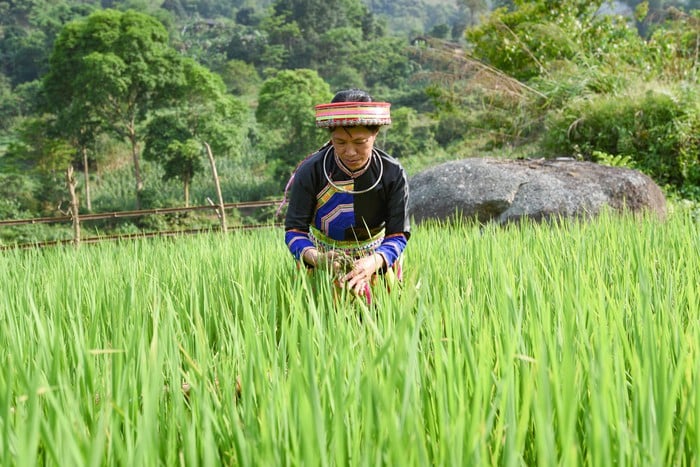
Organic cultivation of Nep Tai rice in Thong Phieng Phang, Thuong Minh commune, Thai Nguyen province
By 2018, the people of Phieng Phang village were supported by the local government and specialized agencies to implement the organic model of growing Nep Tai rice on an area of over 1 hectare and there was a change in productivity. This was an important turning point, opening a new chapter for Nep Tai rice.
Participating in the model, farmers were instructed on composting techniques with biological products, changing the method of planting from 5-7 branches per clump to planting only one branch. Since then, the Nep Tai rice fields in Phieng Phang have had a clear change. Instead of fields with good leaves and few flowers, now the rice flowers are heavy with grains, round and plump. This change has brought economic efficiency, bringing confidence to farmers in this new farming model.
Up to now, farmers in Phieng Phang village have accumulated valuable experience, continuously improving the productivity and quality of organic Nep Tai rice products from 2.5 tons/ha to 4.2 tons/ha, achieving 4-star OCOP certification.
The success of organic rice production models has created strong motivations, adding confidence to farmers in mountainous areas, helping them firmly step on the path of economic development, rising to become rich on their homeland.
Organic rice production begins with the use of high-quality rice varieties and pure seeds, without the use of genetically modified organisms (GMOs). This is followed by a commitment to continuously improve soil quality by applying approved organic fertilizers and applying a range of natural and biological measures to minimize the impact of pests and weeds without the need for chemical herbicides and pesticides.
Source: https://phunuvietnam.vn/canh-tac-lua-huu-co-huong-di-ben-vung-cho-vung-dong-bao-dan-toc-thieu-so-20250808115938403.htm







![[Photo] Cutting hills to make way for people to travel on route 14E that suffered landslides](https://vphoto.vietnam.vn/thumb/1200x675/vietnam/resource/IMAGE/2025/11/08/1762599969318_ndo_br_thiet-ke-chua-co-ten-2025-11-08t154639923-png.webp)
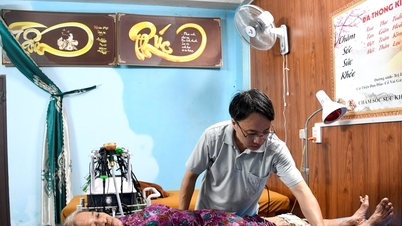

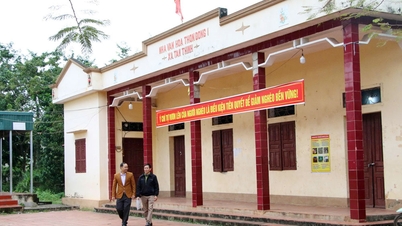

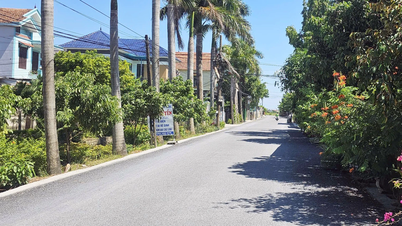





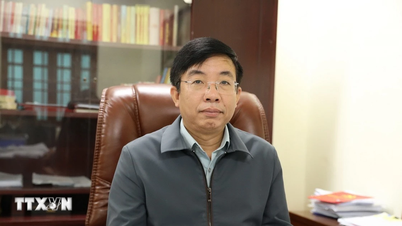

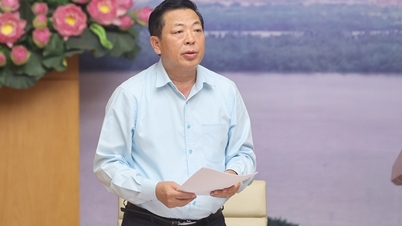

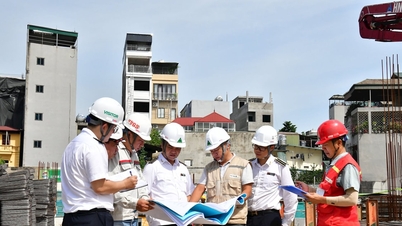

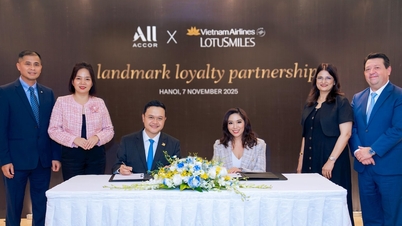









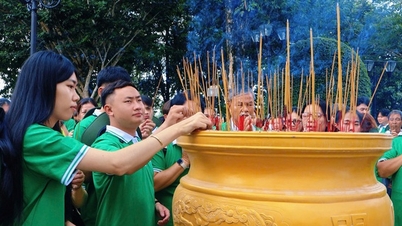











![[Video] Hue Monuments reopen to welcome visitors](https://vphoto.vietnam.vn/thumb/402x226/vietnam/resource/IMAGE/2025/11/05/1762301089171_dung01-05-43-09still013-jpg.webp)









































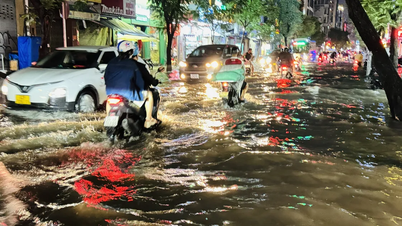

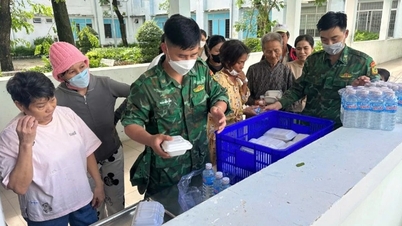


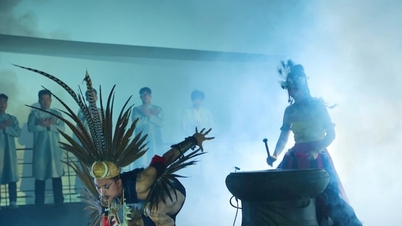

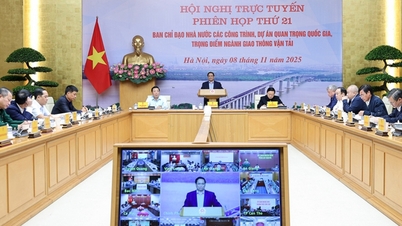













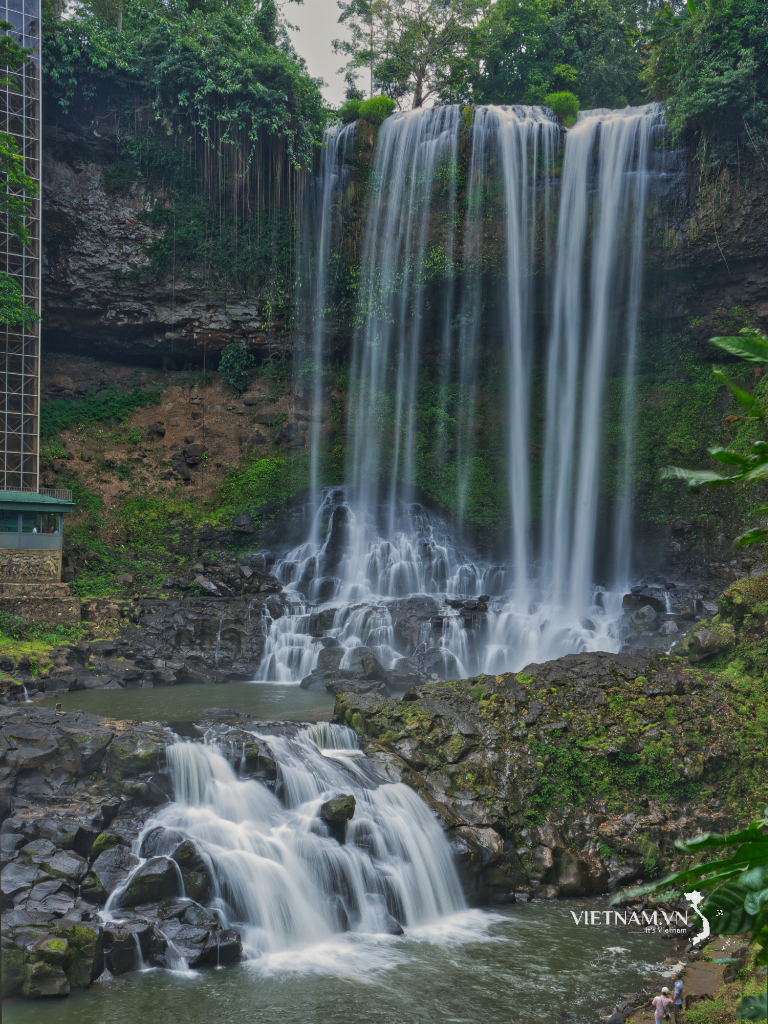
Comment (0)